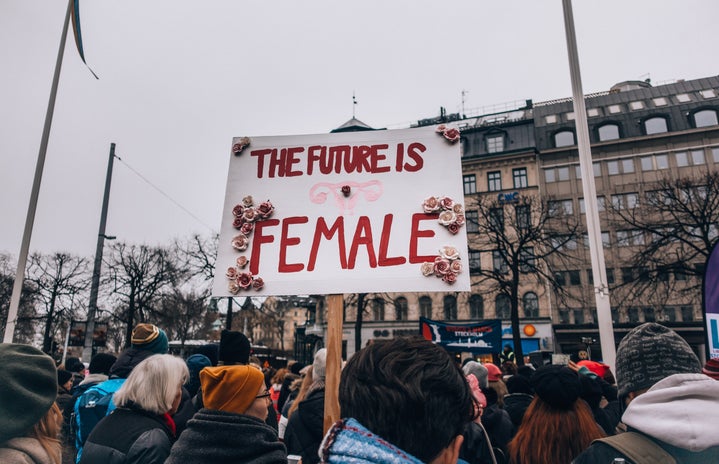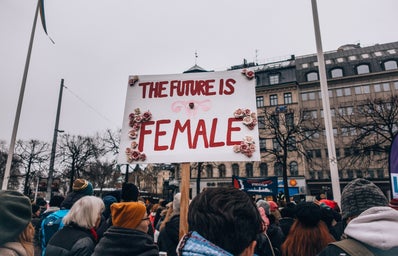Why is March 8th an important day? It’s a global holiday that celebrates women’s social, economic, political, and cultural achievements and addresses the work still required to achieve gender equality. Since the early 1900s, women across the globe have celebrated International Women’s Day (IWD) by advocating for equitable rights and highlighting revolutionary female leaders. This day—which is centered around a different theme every year—is celebrated with various activities, including marches, rallies, panel discussions, and seminars. The United Nations theme for this year’s IWD is DigitALL: Innovation and Technology for Gender Equality.
In order to better understand the importance of IWD, we should take a look at its history. In 1908, women began to address their oppression and inequality by pushing for gender equality and change. This resulted in 15,000 women marching throughout New York City, demanding improved working conditions, higher wages, and voting rights. Then, on February 28, 1909, the first National Women’s Day was celebrated in the United States to honour their strike against their horrible working conditions. The following year, Clara Zetkin, who was the leader of the Women’s Office for the Social Democratic Party in Germany, proposed the establishment of an IWD to push for gender equality worldwide, which was unanimously accepted. On March 19th, 1911, IWD was celebrated for the first time in Austria, Denmark, Germany, and Switzerland. On this day, millions of people participated in rallies campaigning for women’s right to work and vote. Unfortunately, less than a week after this event, the “Triangle Fire” in New York City took the lives of more than 140 working women. This tragedy was pivotal in addressing the atrocious working conditions of women not only in the United States but in all countries across the globe. Eventually, it was decided in 1913 that March 8th would be celebrated as IWD.
Why do we still celebrate IWD? Because women’s rights are human rights! We are all entitled to human rights, which include the right to live free from discrimination, the right to an education, the right to vote, and the right to earn an equal wage. Unfortunately, sex and gender prejudice against women still exists in various parts of the world. Many issues that disproportionately impact women, such as domestic and sexual violence, lower pay, lack of access to education, and inadequate healthcare, are rooted in gender inequality. Women must work a hundred times harder for their voices to be heard. Yes, we have come a long way, but there is still a great deal of work to be done.
So, how can YOU support women’s rights? Donate to global organizations which support women and girls (e.g., Global Fund for Women, Malala Fund). Shop from women-owned and women-led businesses. Educate yourself on the discrimination and prejudice that women have experienced in education and the workplace. But most importantly, promote gender equality and stand up for women’s rights!


